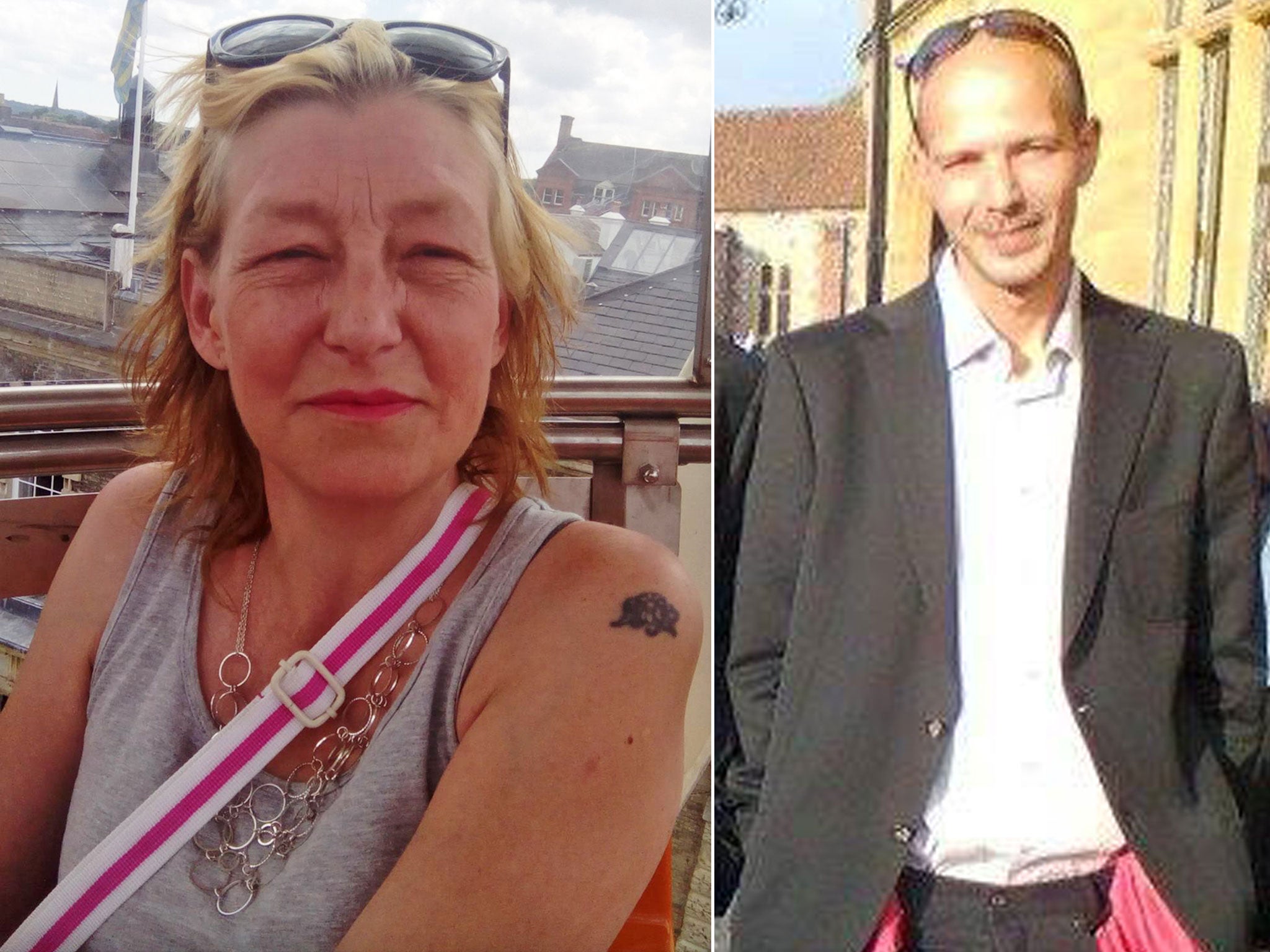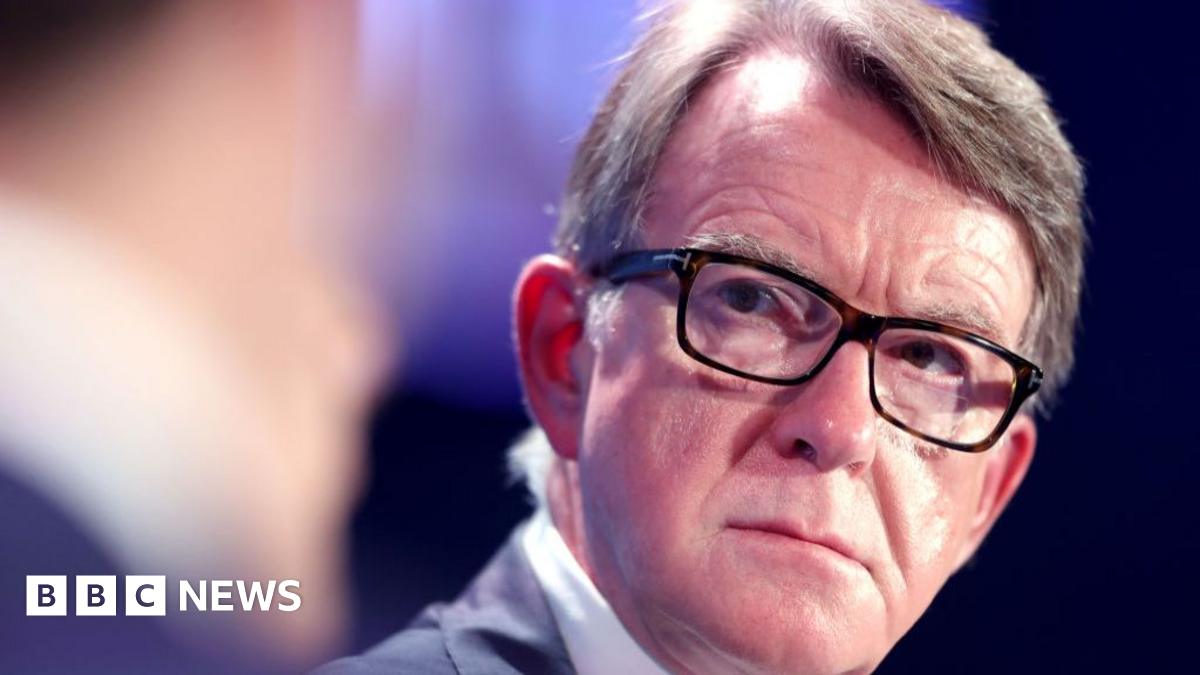World
Salisbury Novichok inquiry live: Dawn Sturgess probe opens into nerve agent death

The public inquiry into the death of Dawn Sturgess, who died in the Novichok poisonings, is now under way and will examine whether she was “caught in the “crossfire of an illegal and outrageous international assassination attempt”.
Ms Sturgess, 44, was killed after coming into contact with the Russian-engineered nerve agent, which was present on a discarded perfume bottle, in Amesbury in July 2018.
Her contact with Novichok followed the attempted murder of former spy Sergei Skripal and his daughter, who were poisoned in nearby Salisbury in March that year. Police officer Nick Bailey also fell ill after becoming exposed to the chemical.
They were poisoned when members of a Russian military intelligence squad are believed to have smeared the nerve agent on Mr Skripal’s door handle. All three survived, as did Ms Sturgess’s boyfriend Charlie Rowley, who had unwittingly given her the bottle containing the killer chemical weapon.
The inquiry will sit all week in Salisbury.
Inquiry to probe whether Russian men’s Salisbury visit was ‘innocent day trip or something more sinister’
Summarising the details of the men referred to as Alexander Petrov and Ruslan Boshirov’s first trip to Salisbury on the day that Sergei Skripal collected his daughter from the airport, the inquiry’s lead counsel Andrew O’Connor KC said: “Was it an entirely innocent day trip, or was it something more sinister?”
Outlining the route taken by the two men in considerable detail, he added: “Why did the two men – purposefully, apparently, avoid the centre of Salisbury? Might it have been a deliberate reconnaissance of Sergei Skripal’s house and access routes between the house and the station?
“Was it a coincidence that [their] visit to Salisbury coincided with a time when Sergei Skripal was away from his house?”
The two men then returned to Salisbury the following day, on 4 March 2018 – the day that the Skripals drove into Salisbury and collapsed on a bench in the Maltings shopping centre.
Andy Gregory14 October 2024 12:29
Russia’s potential responsibility is ‘matter of utmost public concern’, inquiry told
Questions around Russia’s potential responsibility for the Skripal poisonings, and its possible indirect responsibility for Dawn Sturgess’s death, are “plainly matters of the utmost public concern,” lead counsel Andrew O’Connor KC has said.
“It is one of the core functions of this Inquiry to reach authoritative and conclusive answers to those questions,” he added.
The inquiry will hear evidence in the coming weeks, gathered by police, suggesting that the three Russian men – whose names were given as the alleged aliases of Alexander Petrov, Ruslan Boshirov, Sergey Fedotov – “at the heart” of in the inquiry’s examinations were Russian military intelligence officers, or at least were in 2018, Mr O’Connor said.
The inquiry will hear that all three men are associated with GRU unit 29155, and that they had travelled extensively in Europe, often together, prior to 2018, Mr O’Connor said.
Andy Gregory14 October 2024 12:19
Family seeking answers over medical treatment received by Dawn Sturgess
The inquiry will hear evidence from paramedics who provided pre-hospital care to those poisoned with Novichok and from medics who treated them at hospital, lead counsel Andrew O’Connor KC said.
He told the inquiry that the Sturgess family are seeking answers as to why their loved one died when the four others poisoned with Novichok survived.
Her family “have asked whether this could have been the result of the somewhat different treatment that DS received – different, in particular to the emergency treatment given to Charlie Rowley only a few hours after Dawn had been taken to hospital”, he said.
“They wish to understand why doctors, apparently acting on information from the police, initially theorised that Dawn’s symptoms may have been caused by a drug overdose, and whether this theory was dismissed as quickly as it should have been.
“They ask whether Dawn Sturgess’s medical treatment was properly informed by lessons that had been learnt – or at least, that should have been learnt – months earlier in treating the Skripals.
“And ultimately, of course, they wish to know whether any of things that may have gone wrong in Dawn’s treatment could have made a difference to her chances of survival. To use a legal term – if there were failings, were they causative?”
Andy Gregory14 October 2024 12:12
Government to give private evidence over whether Skripal spied for Britain, inquiry hears
The inquiry will hear in private evidence relating to the question of whether Sergei Skripal was a British agent prior to his arrest in Russia and, if so, continued to do so following his release and move to Britain, its lead counsel said.
Andrew O’Connor KC told the inquiry that “these two factual questions are of obvious importance” to the investigation, “not least because they may go towards indicating the presence, or, equally, an absence, of a possible motive on the part of the Russian state for attempting to kill” Skripal.
The inquiry’s chair ruled on 3 November 2023 that the government would not be required to provide this evidence in open sessions, as he accepted that to depart from the “neither confirm nor deny” principle “would cause unjustifiable damage to national security”, Mr O’Connor said.
He added: “The reason for that general principle is not only to protect individuals whose activity is questioned, but also and more importantly to ensure that anyone who may give information to the British authorities, now or in the future, can be confident that whatever their relationship with them may be, the authorities will never be required to discuss it publicly.”
Andy Gregory14 October 2024 11:55
Inquiry counsel rejects Russian criticism of chair
The inquiry’s lead counsel has rejected criticism by Russia of the inquiry chair Lord Hughes of Ombersley’s decision that neither of the Skripals should give live spoken evidence to the inquiry.
While the Russian embassy had claimed that the ruling three weeks ago “demonstrates the British authorities’ obstinacy in concealing our citizens”, Andrew O’Connor KC said: “First, you are not ‘the British authorities’ – rather, you are the chair of a public inquiry that is entirely independent of the British government.
“Second, the core reason for your decision not to call the Skripals to give oral evidence … was in fact the risk of physical attack (by whomever it might be) on one or both of them – a risk which, you concluded, clearly outweighed the advantage to the Inquiry of them attending to give oral evidence.”
Andy Gregory14 October 2024 11:50
Sergei Skripal worked for GRU before being convicted on spying charges
Poisoning victim Sergei Skripal was born in Russia and that he served first as a paratrooper in the Russian Army, and latterly as a member of the GRU Russian military intelligence agency, the inquiry was told.
In 2004, he was convicted in Russia on espionage charges, and was reportedly alleged to have spied for Britain, lead counsel Andrew O’Connor KC said.
He was subsequently sentenced to 13 years in prison, but in 2010 was given a presidential pardon and was brought to the UK in a prisoner exchange.
Mr Skripal had lived in Salisbury since 2010, mostly on Christie Miller Road. After his arrival in the UK, his wife, son and daughter left Russia to live with him, but his wife and son had subsequently died and his daughter had returned to Russia, Mr O’Connor said.
But his daughter Yulia visited her father regularly and arrived to visit him the day before the poisoning.
Andy Gregory14 October 2024 11:46
Inquiry hears results of post-mortem
The inquiry has heard that the professor who conducted the post-mortem examination on Dawn Sturgess, who will be giving evidence to the inquiry, recorded her cause of death as post cardiac arrest hypoxic brain injury and intra cerebral haemorrhage, and Novichok toxicity.
According to lead counsel Andrew O’Connor KC, the poison caused Sturgess’s nervous system to become overstimulated, which led to heart failure. That in turn caused DS’s brain to be starved of oxygen.
When paramedics arrived at the scene they performed CPR and managed to restart her heart, after which she was taken to hospital and treated for several days, Mr O’Connor said.
But the damage that had been done to her brain from the lack of oxygen during that initial period gradually developed and worsened over the days she was in hospital, and this brain injury was ultimately her immediate cause of death, the barrister said.
Andy Gregory14 October 2024 11:43
Inquiry to hear from Dawn Sturgess’ partner Charlie Rowley
The inquiry will hear evidence from Dawn Sturgess’s partner Charlie Rowley, about their life living together in the 16 months or so before her death.
Lead counsel Andrew O’Connor KC said: “In an interview that he gave after her death, Charlie Rowley described Dawn as ‘a lovely lady, she had a big heart, she’d help anyone if she could’.
Charlie has previously described their relationship as being “very happy, supportive and loving”, having said of his loss: “It’s my girlfriend I lost, my partner, my soulmate.”
Mr Rowley was also poisoned by the Novichok, received hospital treatment and suffered serious symptoms.

Andy Gregory14 October 2024 11:39
What issues will the inquiry examine?
The seven key issues that the inquiry will look at, according to its lead counsel, are:
- Dawn Sturgess’s life and the immediate circumstances of her death
- The broader factual circumstances of the poisoning of the Skripals and that of Dawn Sturgess
- Medical treatment, including the adequacy of the medical treatment provided to Dawn Sturgess.
- Responsibility for Skripal poisoning
- The Novichok and the bottle that it was found in.
- How did the bottle come to be in Dawn Sturgess’s possession?
- Was the poisoning of Dawn Sturgess preventable?
Andy Gregory14 October 2024 11:35
Inquiry’s chair is performing role of a coroner with enhanced powers, barrister says
Chair Lord Hughes of Ombersley is performing the role of a coroner with the added powers of the chair of a public inquiry, lead counsel Andrew O’Connor KC has noted.
He added: “Let me address the question head on” that is often asked about this case – why is it taking so long? Six years is a long time to wait for answers, especially for her family.
Legal process does take time, and this has been a complex example, including the decision to order and inquiry instead of an inquest, Mr O’Connor said, adding that the thoroughness of the work prior to this week’s hearings have also meant a longer wait.
“In this case, we will of necessity hear some highly sensitive evidence in closed session,” he added.
In order to minimise the number of hearings held behind closed doors, the chair has had to go through submissions line by line to guage what can be help in public, Mr O’Connor said.
Andy Gregory14 October 2024 11:32










